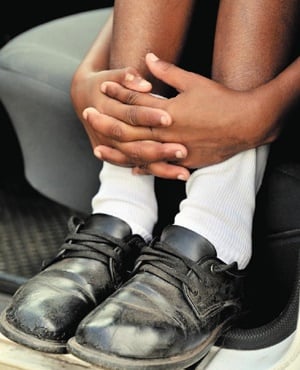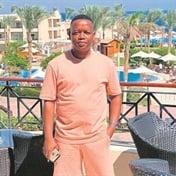
The government should have started working on ensuring equality in higher education from the first day of South Africa’s democracy.
Equal Education – a movement of pupils, parents, teachers and community members working for quality and equality in South African education – started its submission to the Commission of Higher Education in Cape Town by showing that South Africa’s education system is historically divided.
Deputy secretary-general of Equal Education, Nthuthuzo Ndzomo, said that problems that led to the establishment of the commission years ago were raised by the former black universities, but it was not until former white universities raised the issues that people started listening.
Andile Cele, Equal Education’s parliamentary liaison officer, said that black people were still not properly represented at universities. Only 17% of black people had access to universities, compared with 54% of white people.
She said that the problem was one of funding, and that “the problem starts in Grade One”.
She explained that when children started Grade One, white children, and middle-class black children already had an advantage over black children who come from townships and rural areas.
The Commission of Inquiry into Higher Education and Training was established following the Fees Must Fall protests, in which students rallied for a 0% increase in university fees.
Equal Education recommended that, universities cannot and must not be expected to carry the burden of providing free tertiary education.
“Access to education should not be determined based on wealth and privilege. To accept such a system as permanent means growing inequality and increasing indebtedness of all but the very wealthy.”
Other recommendations were:
» The universities cannot and must not be expected to carry the burden of providing free tertiary education;
» The government needs to increase the funding by at least an aggregate amount equal to the ratio achieved in Organisation for Economic Co-operation and Development countries to address the issue of the chronic underfunding of the higher education system;
» No student who meets the requirements for admission to a university course should be excluded for financial reasons;
» Poor students need to be prioritised in the realisation of free higher education in South Africa; and
» A determined State should examine the structure of personal taxation which could be levied for the top 10% of income earners in the country. If necessary, this should be done through a tax reform on the wealthy.
To start, said Equal Education, there must be an urgent review of vanity projects, bloated cabinet and the excessive number of deputy director-generals in national and provincial government departments.
Other submissions were expected from the National Research Foundation, the University of the Western Cape, the Centre for Creative Education, Vuyani Moerane – the deputy president of the Cape Peninsula University of Technology students representative council – and political activists.
Hearings continue in Cape Town tomorrow, then they move to Bloemfontein and Kimberley.




 Publications
Publications
 Partners
Partners








